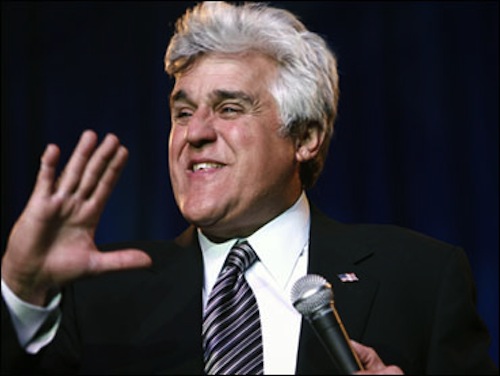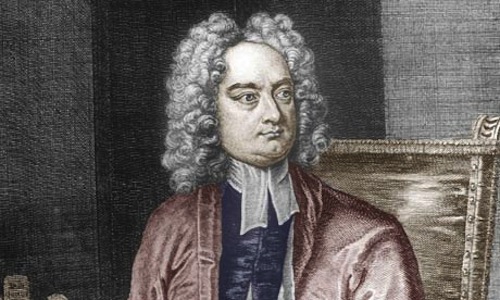The screenshot above is from an article in The Daily Currant, a satirical newspaper that has once again had one of its stories mistaken for fact, this time by a Maryland police chief who cited it in a presentation on the dangers of legalizing marijuana. Props to Jacek for the link. Annapolis police chief Michael Pristoop subsequently apologized for citing the story, adding, “This does not take away from the other facts presented in opposition to legalization or the good work of the Maryland Chiefs and Maryland Sheriffs Associations.” Actually, chief, it does. Your “good work” mistook a made-up thing for fact, and the other people in the room were, unlike you, immediately able to identify the thing as made-up. You should stop telling the people in that room what’s what. Pristoop can be forgiven for his mistake, however, as The Daily Currant continues to close the gap between “satire” and “false.”
Tag Archives: not funny
How funny does satire have to be?
A. Ron Galbraith recently brought to my attention this post in Politico arguing that The Daily Currant is not funny. You may have heard of The Daily Currant in connection with this mistake by the Drudge Report, or possibly this one by the Washington Post. According to founder and editor Daniel Barkeley, the Currant produces a “style of satire [that] is as old as literature itself, but hasn’t recently been applied to news articles.” Apparently one of the satirical conceits over at the Currant is that The Onion doesn’t exist, but that is orthogonal to our discussion. Barkeley’s position is that several of the Currant’s satires have been mistaken for news because what he’s doing is so new. At Politco, Dylan Byers’s argument is that Currant articles keep being taken for real because they aren’t funny. Which brings us to an important question: how funny does satire have to be?
Jay Leno serves Obama, nation as objective correlative

"So this chick lifts up her skirt, right, and she has the biggest—we're talking ten inches; it's amazing. And Eubanks starts puking, so we all—Jesus Christ, five minutes, I heard you the first time."
Ever since Stephen Colbert used his time at the podium to point out that George Bush was kind of a bad president, the choice of headlining comedian at the White House Correspondents Dinner has been a symbolic act. Bush—who in retrospect was not the kind of guy who has a great sense of humor about himself—chose as Colbert’s 2007 successor Rich Little. In addition to his spot-on impression of what awaits us all at the end of our lives, Little brought to the event what could only be described as maximum safety. The sheer tactical deliberateness of his selection—no one walked into that meeting saying, “You know who’s funny? Rich Little”—elevated the choice to the level of discourse. Like your favorite NBA player,*![]() your Correspondents Dinner headlining comedian says something about you. Last year, President Obama chose Wanda Sykes, who was hilarious and repeatedly threatened to say the n-word. This year, he went with Jay Leno. It wasn’t the biggest mistake of his presidency, but it was the one that sums up all the others.
your Correspondents Dinner headlining comedian says something about you. Last year, President Obama chose Wanda Sykes, who was hilarious and repeatedly threatened to say the n-word. This year, he went with Jay Leno. It wasn’t the biggest mistake of his presidency, but it was the one that sums up all the others.


